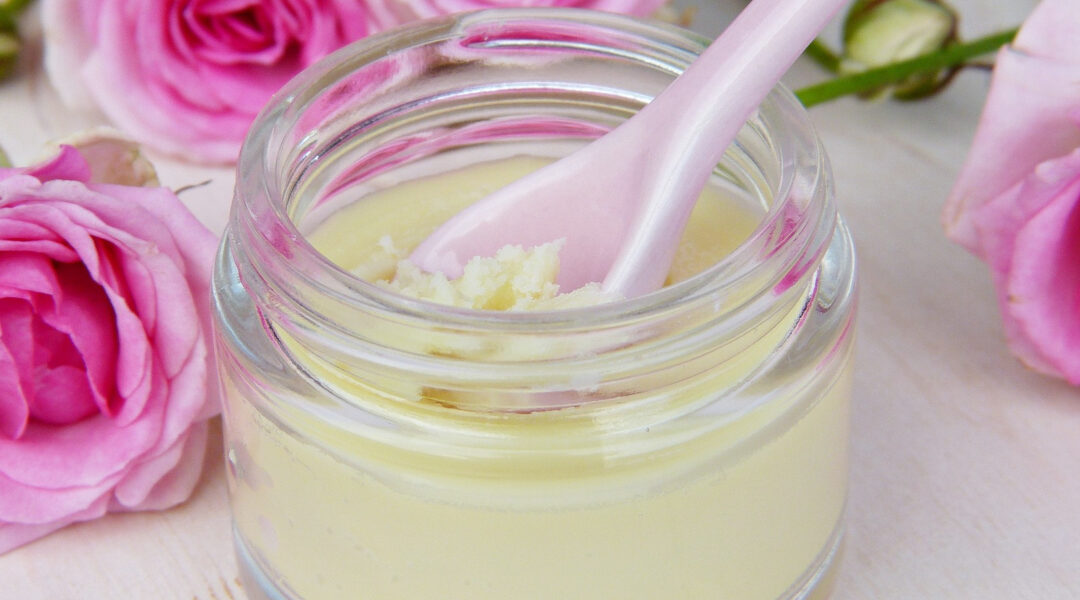Rosacea, characterized by persistent redness and sometimes visible blood vessels on the face, is a skin condition that affects millions of people worldwide. Dealing with rosacea can be challenging, as it often causes embarrassment and discomfort. However, you are not alone in this journey. We will delve into the world of rosacea, its causes, and effective ways to manage and treat it.
Understanding Rosacea:
Rosacea is a common skin condition that primarily affects the face. It can manifest in various ways, including:
- Redness: Persistent facial redness, often resembling a blush or sunburn, is a hallmark of rosacea.
- Visible Blood Vessels: Some individuals with rosacea may develop visible blood vessels (telangiectasia) on their cheeks and nose.
- Bumps and Pimples: Rosacea can lead to acne-like bumps and pustules on the face.
- Eye Irritation: Ocular rosacea may cause dryness, burning, and redness in the eyes.
- Thickening Skin: In severe cases, the skin on the nose (rhinophyma) may thicken and appear bulbous.
What Causes Rosacea?
The exact cause of rosacea remains unclear, but several factors may contribute to its development. These include:
- Genetics: A family history of rosacea may increase the likelihood of developing the condition.
- Abnormal Blood Vessels: Abnormalities in blood vessels on the face may play a role in rosacea.
- Triggers: Certain triggers, such as spicy foods, alcohol, hot beverages, sunlight, and stress, can exacerbate rosacea symptoms.
- Demodex Mites: These tiny mites that reside on the skin may contribute to the development of rosacea in some individuals.
Living with Rosacea:
Living with rosacea can be challenging, but there are strategies to help manage the condition and reduce its impact on your life:
- Gentle Skincare Routine:
- Use a mild, fragrance-free cleanser and lukewarm water to wash your face.
- Avoid abrasive scrubs and harsh skincare products.
- Sun Protection:
- Shield your skin from the sun by wearing sunscreen with at least SPF 30 daily.
- Use wide-brimmed hats and sunglasses for additional protection.
- Avoid Triggers:
- Identify and avoid triggers that worsen your rosacea symptoms.
- Keep a diary to track potential culprits.
- Topical Medications:
- Your dermatologist may prescribe topical treatments, such as creams or gels, to reduce redness and inflammation.
- Oral Medications:
- In some cases, oral antibiotics or other medications may be necessary to manage rosacea.
- Lifestyle Modifications:
- Maintain a healthy lifestyle with regular exercise and a balanced diet.
- Manage stress through relaxation techniques like yoga or meditation.
Best Skincare Products for Rosacea:
Finding suitable skincare products is crucial for managing rosacea. Some recommended products include:
- Gentle Cleansers: Look for mild, hydrating cleansers without harsh ingredients or fragrances.
- Hypoallergenic Moisturizers: Moisturize daily to keep your skin hydrated and protected.
- Sunscreen: Choose a broad-spectrum sunscreen with SPF 30 or higher to shield your skin from UV rays.
- Non-Comedogenic Makeup: Opt for makeup labeled as non-comedogenic to prevent clogged pores.
Living with rosacea can be challenging, but understanding the condition and following appropriate skincare and treatment strategies can help manage its symptoms effectively. Remember, you are not alone in this journey, and many people share similar experiences. By adopting a gentle skincare routine, avoiding triggers, and seeking medical advice when needed, you can minimize the impact of rosacea on your life and maintain healthy, beautiful skin.


Recent Comments